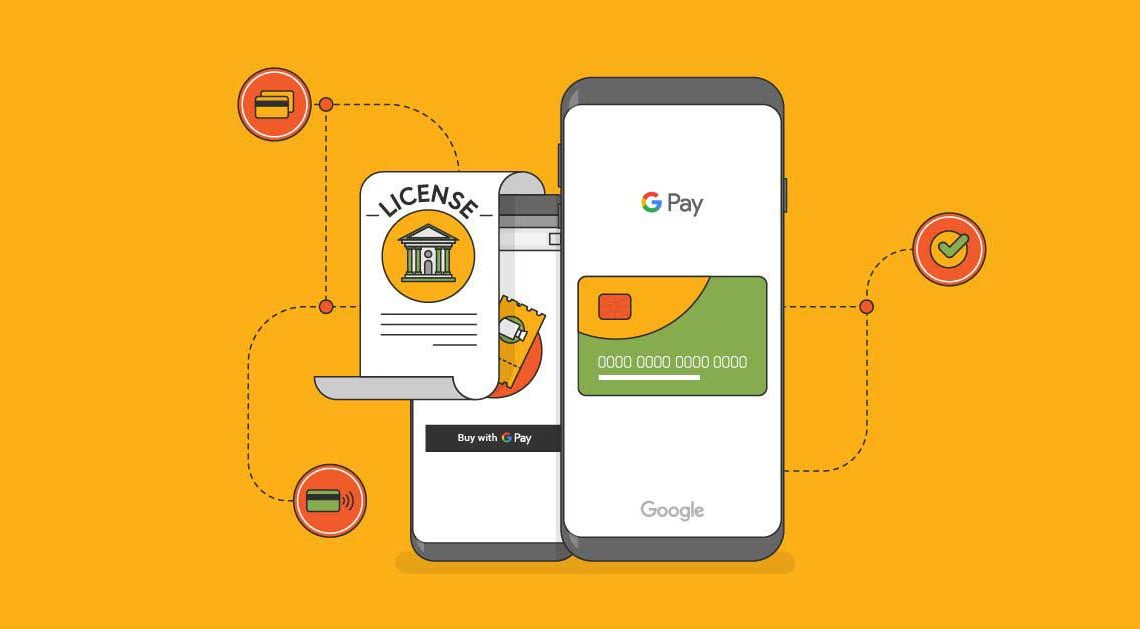Google Payment Lithuania UAB has just received an Electronic Money Institution license from the Bank of Lithuania.
This license will allow the company to issue electronic money, handle electronic money wallets, perform remittances, payment transactions, provide cash deposit and withdrawal services, as well as perform direct debit and credit transfers. The license is valid across the EU.
“The end of this year reflects our efforts and experience of the past few years in actively developing a FinTech-conducive ecosystem in Lithuania. Our regulatory environment and the benefits it offers have been acknowledged by both start ups and world-class FinTech companies,” said Marius Jurgilas, Member of the Board of the Bank of Lithuania, the country’s regulator.
Google Payment Lithuania UAB is part of Alphabet Inc. (Google’s parent company). Having secured an electronic money institution licence, the company will be able to issue electronic money and provide payment services to ensure smooth operation of its marketplaces across Europe, alongside working on other payment services for consumers within the European Economic Area, including Lithuania.
“We are constantly working to develop payments products and support our customers. We have applied for a Payment Licence in Lithuania as part of these efforts, in addition to ongoing discussions as to projects all around Europe. We welcome the Bank of Lithuania’s decision to grant a payments licence and we look forward to continue serving our users in Lithuania and across Europe,” Google spokesperson Adam Malczak comments on the recent development.
The openness of the regulator has led to Lithuania becoming one of the main destinations for FinTech companies that seek to operate in Europe. According to data gathered from regulatory bodies of different European countries, the relatively small Baltic country is second only to Britain when it comes to Electronic Money Institution (EMI) licenses and it isn’t that far behind when it comes to Payments Institution (PI) licenses. Data shows that Lithuania has a total of 40 full EMI licenses and 33 PI licenses.
To operate in the European Union (EU), Fintech companies must obtain a license issued by any member country. The Bank of Lithuania can issue these licenses 2-3 times faster than other institutions in the EU – in as little as three months.
The eyes of the financial technology industry have been set on Lithuania for quite some time, and this attention has only intensified after Revolut was granted both an EMI and a Specialised Bank license, which allows the “hooligan of banking” to receive deposits and issue credits.
As of January of 2018, there were 117 fintech companies licensed and operating in Lithuania, 35 of which were registered in 2017. In 2018, the number rose to more than 150. While some initially come for the ability to passport the license across the EU/EEA, others come to develop their payments solutions that don’t require a license.




